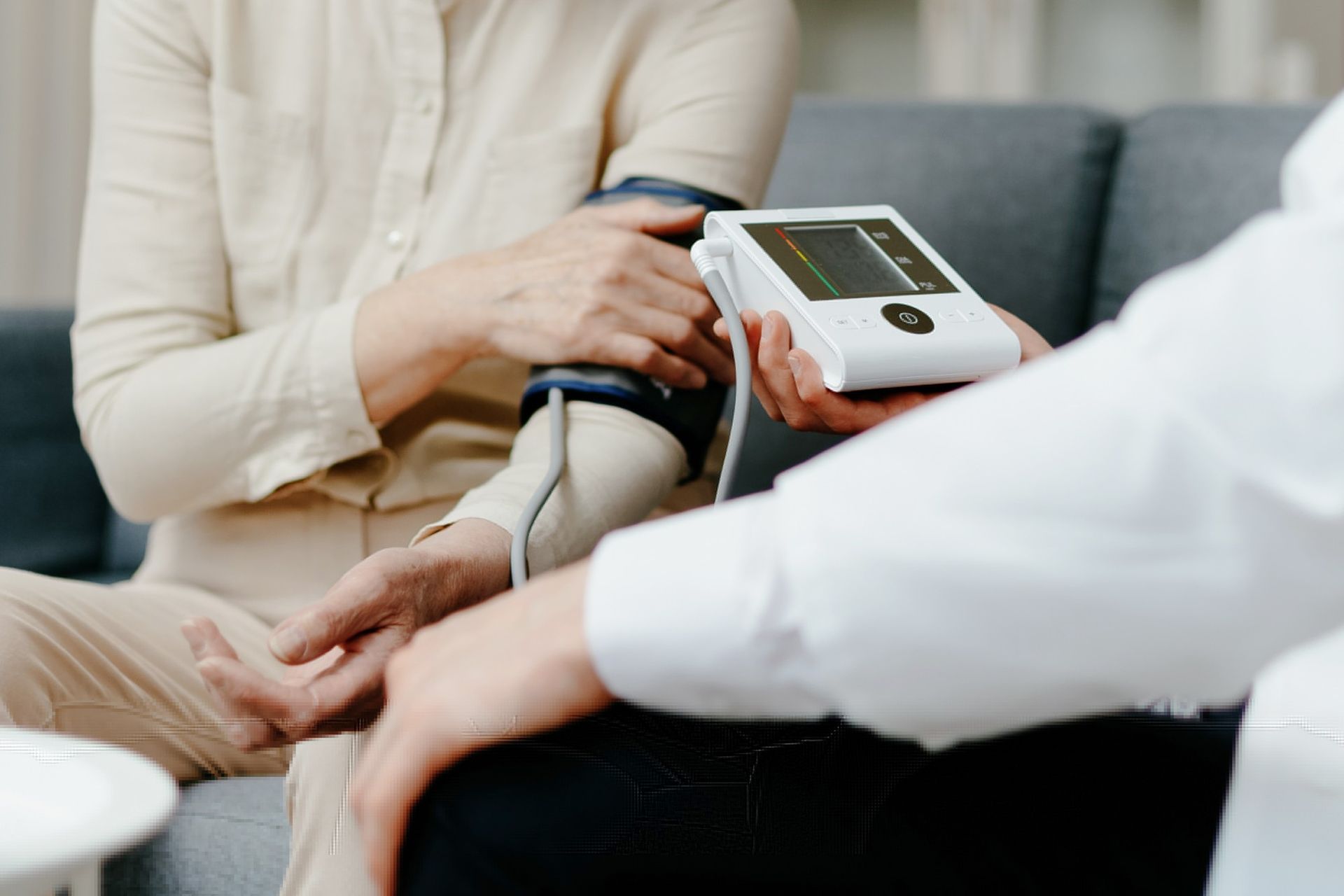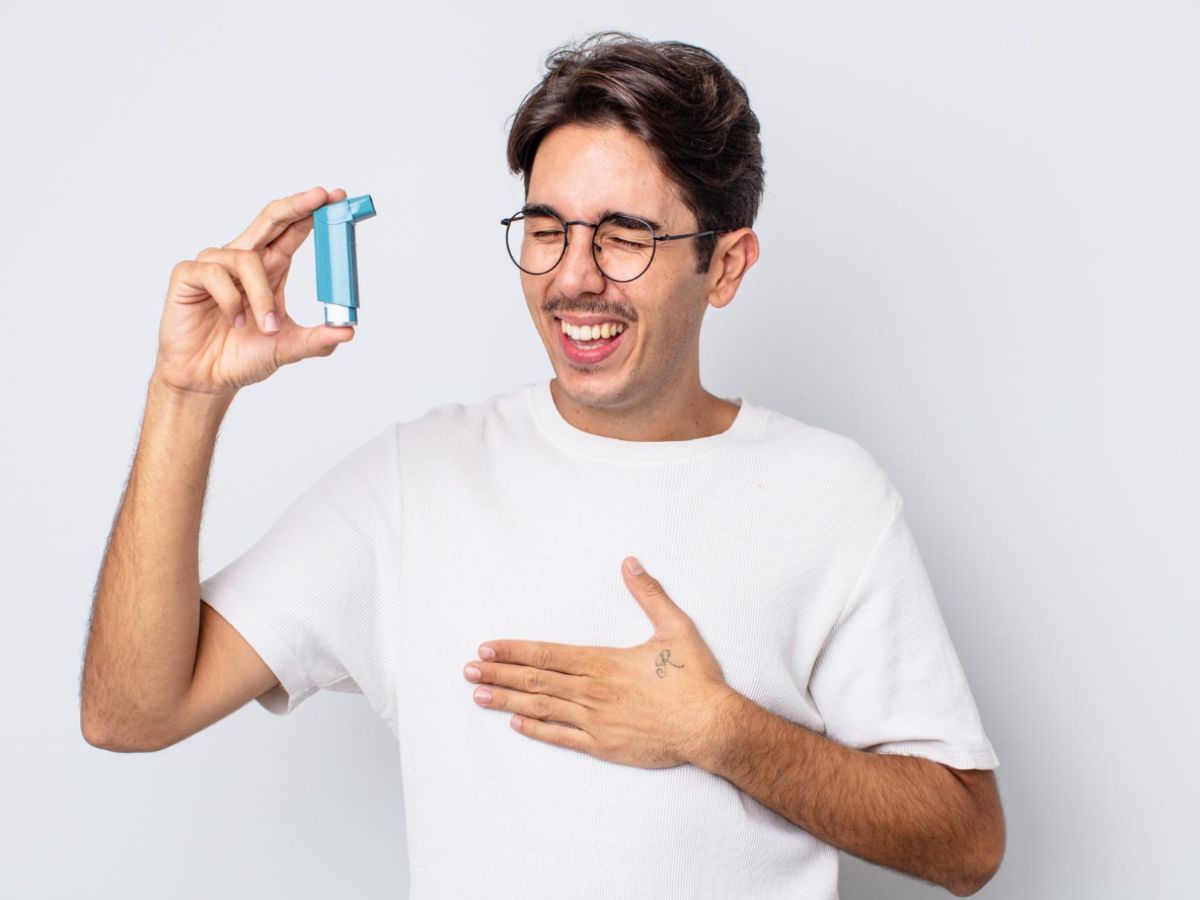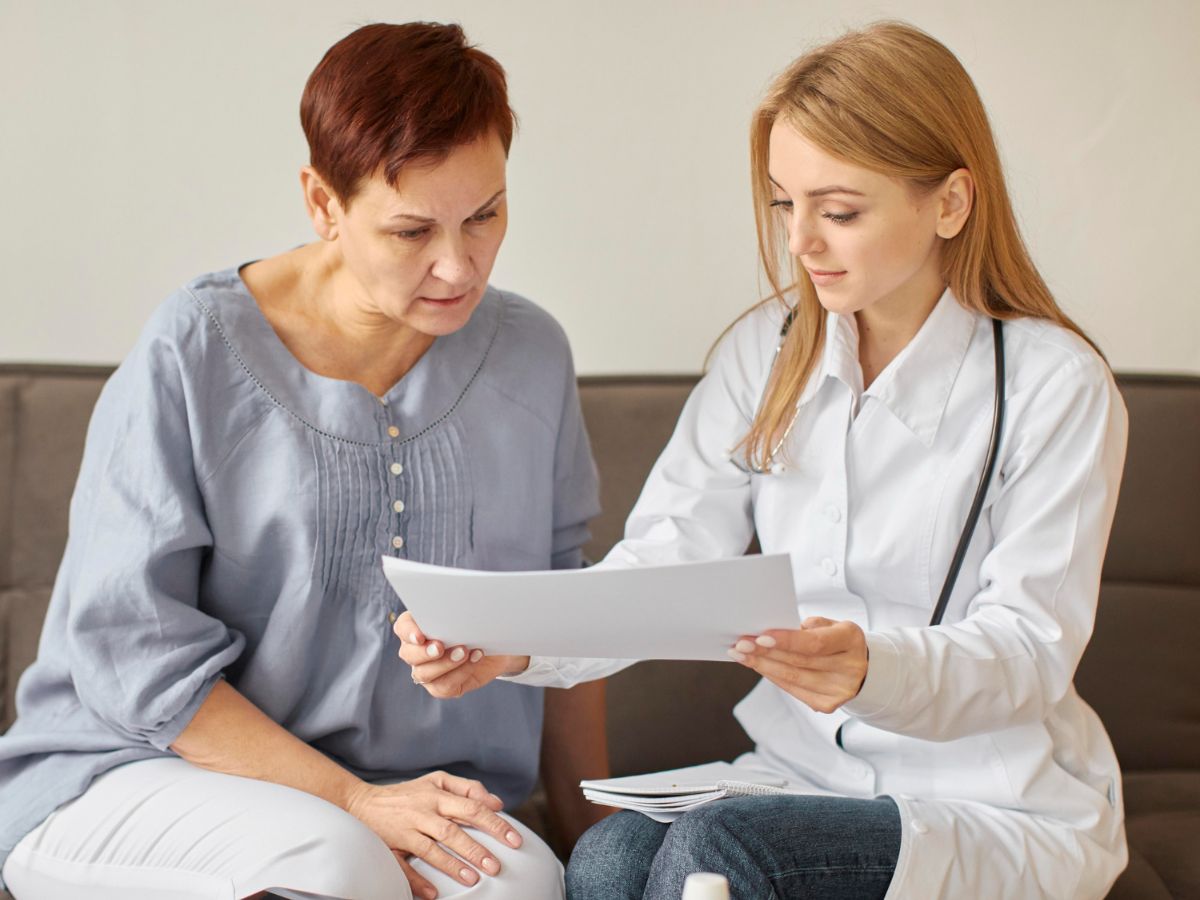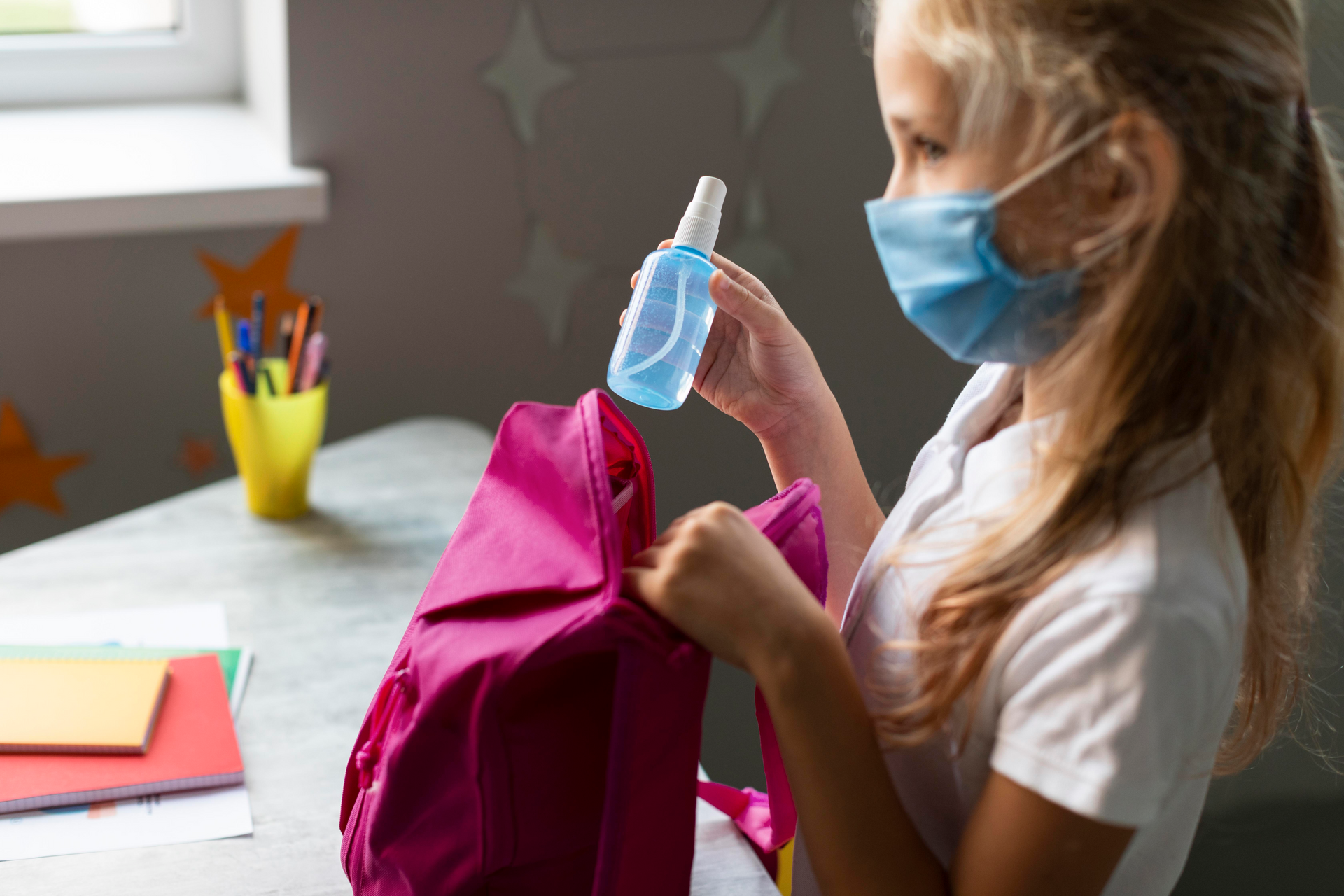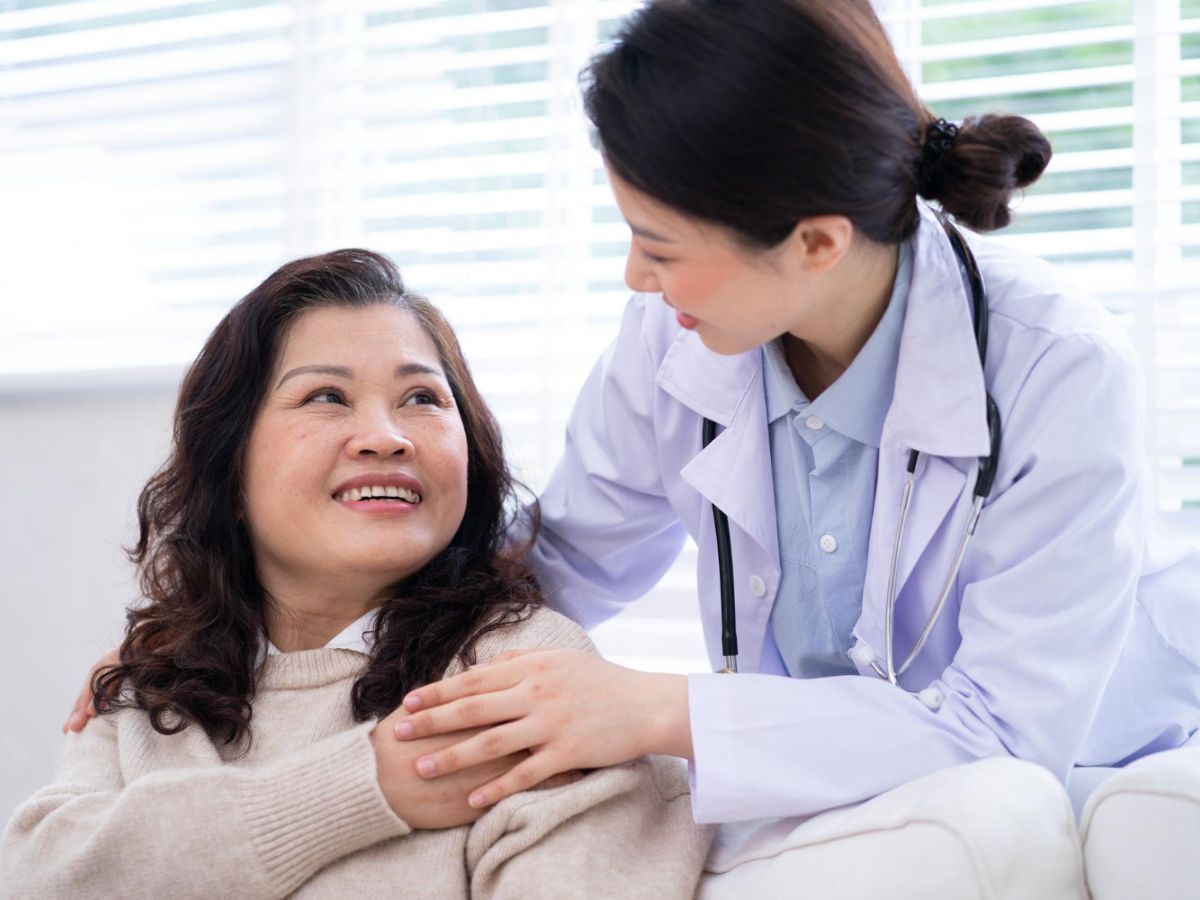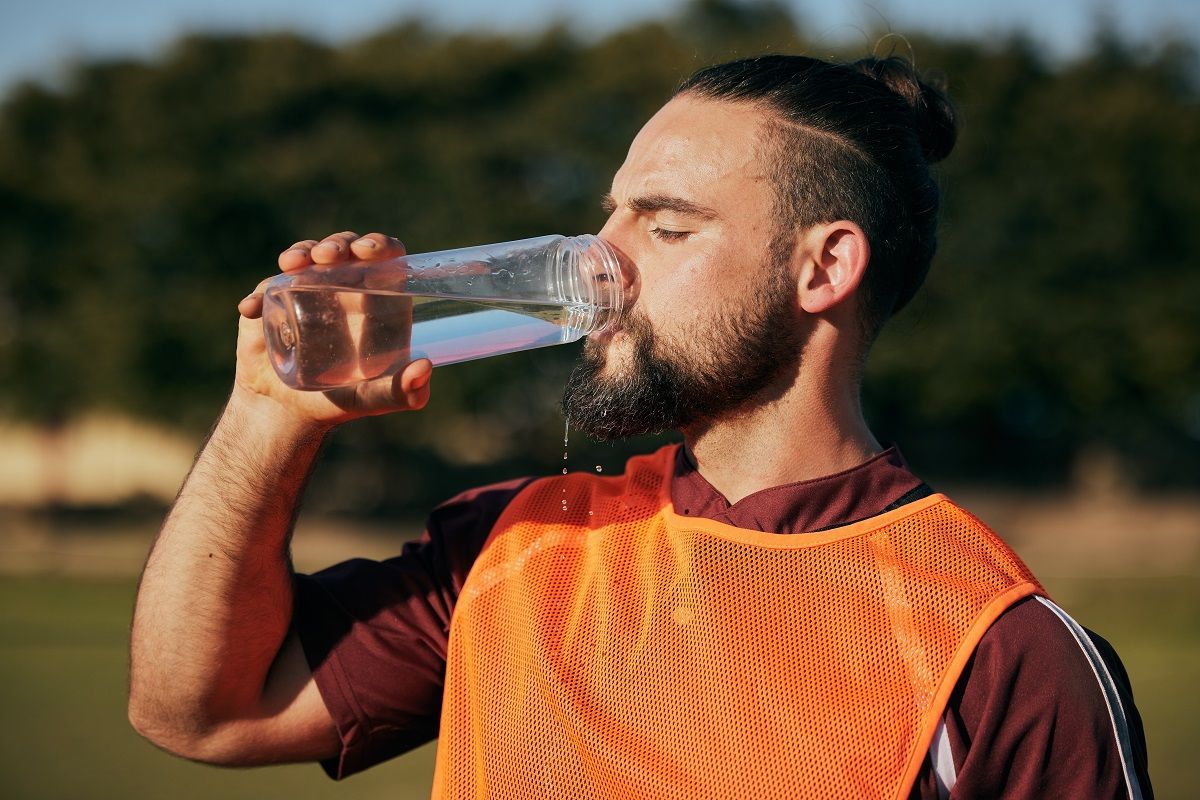RSV Prevention: Ways to Minimize Exposure and Stay Healthy
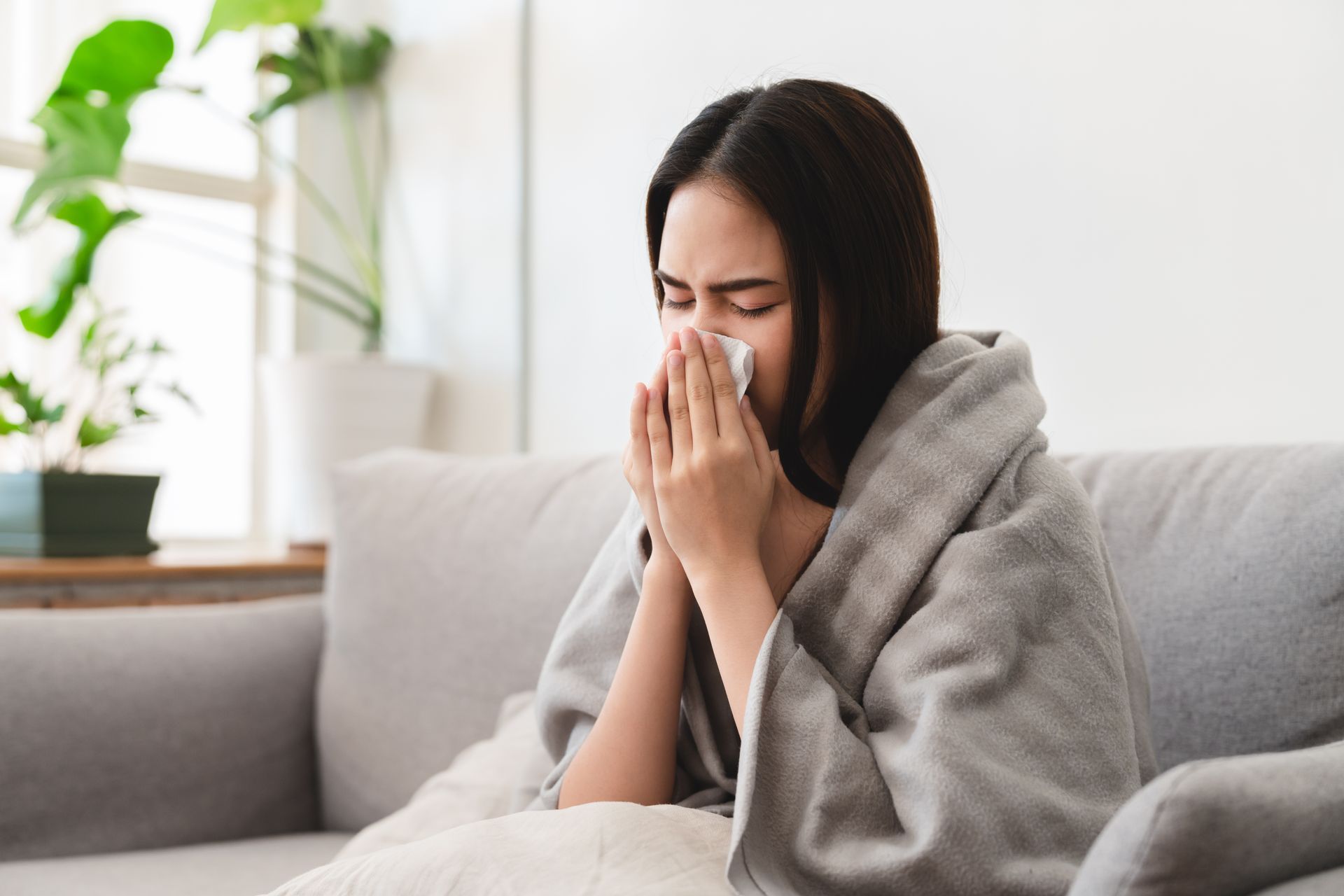
Respiratory syncytial virus (RSV) is one of those viruses that often flies under the radar until it directly affects you or someone you love. It’s a common and highly contagious respiratory illness that can impact people of all ages, which is why RSV prevention and early recognition of symptoms are so important.
Although many cases show mild, cold-like symptoms, the virus can occasionally cause severe complications, especially in individuals with weaker immune systems.
At
Houston Family Practice, we understand that facing RSV exposure can feel unsettling. That’s why we’re here to guide you every step of the way, offering practical advice, professional care, and a strong focus on RSV prevention to keep your family safe and healthy.
In this blog, we’ll break down what RSV is, what to do after exposure, how to protect your loved ones, and when to seek medical care.
Defend Your Family Against RSV
Understanding RSV
Respiratory syncytial virus, or RSV, is a medical condition that primarily affects the respiratory system. It usually causes mild symptoms like a cold, but for some people, it can lead to serious problems like lung infections (bronchiolitis) or pneumonia. Most kids catch the virus by age two, but it can affect people of all ages.
RSV spreads rapidly through close contact, respiratory droplets, and touching contaminated surfaces before touching your face. The virus can survive for hours on everyday surfaces like doorknobs, toys, and countertops, making it easy to pass from one person to another.
While anyone can catch RSV, certain groups are more susceptible to severe illness:
- Infants and young children: The small size of their airways and developing immune defenses put them at greater risk.
- Older adults: Aging weakens the immune system, making it harder to fight off infections.
- Immunocompromised individuals: Conditions like asthma, heart disease, or cancer can increase the risk of complications.
Immediate Steps After Exposure
Following RSV exposure, it’s critical to promptly track your health and take precautions to prevent the virus from spreading.
Here's what you can do:
Monitor for Symptoms
Keep an eye out for these common RSV symptoms:
- Coughing or wheezing
- Runny or stuffy nose
- Fever
- Difficulty breathing
- Decreased appetite (especially in infants)
Symptoms typically show up 4–6 days after exposure, so it’s essential to stay alert to any changes in how you or your family members feel during this period. If you’re wondering how long RSV lasts, most symptoms clear up within 1–2 weeks, but they can persist longer, especially for individuals with weakened immune systems. Should symptoms worsen or cause concern, seeking a doctor's advice is vital for proper treatment.
Practice Self-Isolation
Even if you’re not feeling sick yet, RSV is still contagious. To protect others:
- Stay home as much as possible.
- Avoid close contact with high-risk individuals.
- Cover your mouth and nose when you cough or sneeze.
Strengthen Your Immune System
Support your body’s ability to fight off the virus by taking care of your immune system:
- Get plenty of sleep and rest.
- Stay hydrated by drinking fluids regularly.
- Eat a balanced diet rich in nutrients that boost immune health.
Protecting Family Members
If you or someone in your home has been exposed to RSV, it’s crucial to take proactive measures to safeguard the rest of your household. RSV prevention begins with maintaining good hygiene and prioritizing the protection of vulnerable individuals.
Here are some tips to help protect you and your family:
Handwashing
One of the most effective ways to prevent RSV from spreading is through regular and thorough handwashing. Encourage everyone in your family to wash their hands frequently, especially:
- Before eating or preparing meals
- After coughing, sneezing, or blowing their nose
- After touching shared items like doorknobs or toys
Sanitize Touched Surfaces Frequently
RSV can live on frequently touched surfaces for several hours, making these areas hotspots for transmission. To minimize the risk:
- Disinfect high-touch surfaces daily, including doorknobs, remote controls, light switches, phones, and shared toys.
- Use EPA-approved disinfectants or household cleaning products that are effective against viruses.
- Pay extra attention to shared spaces like kitchens, bathrooms, and playrooms where germs can spread quickly.
Wear Masks and Avoid Shared Spaces
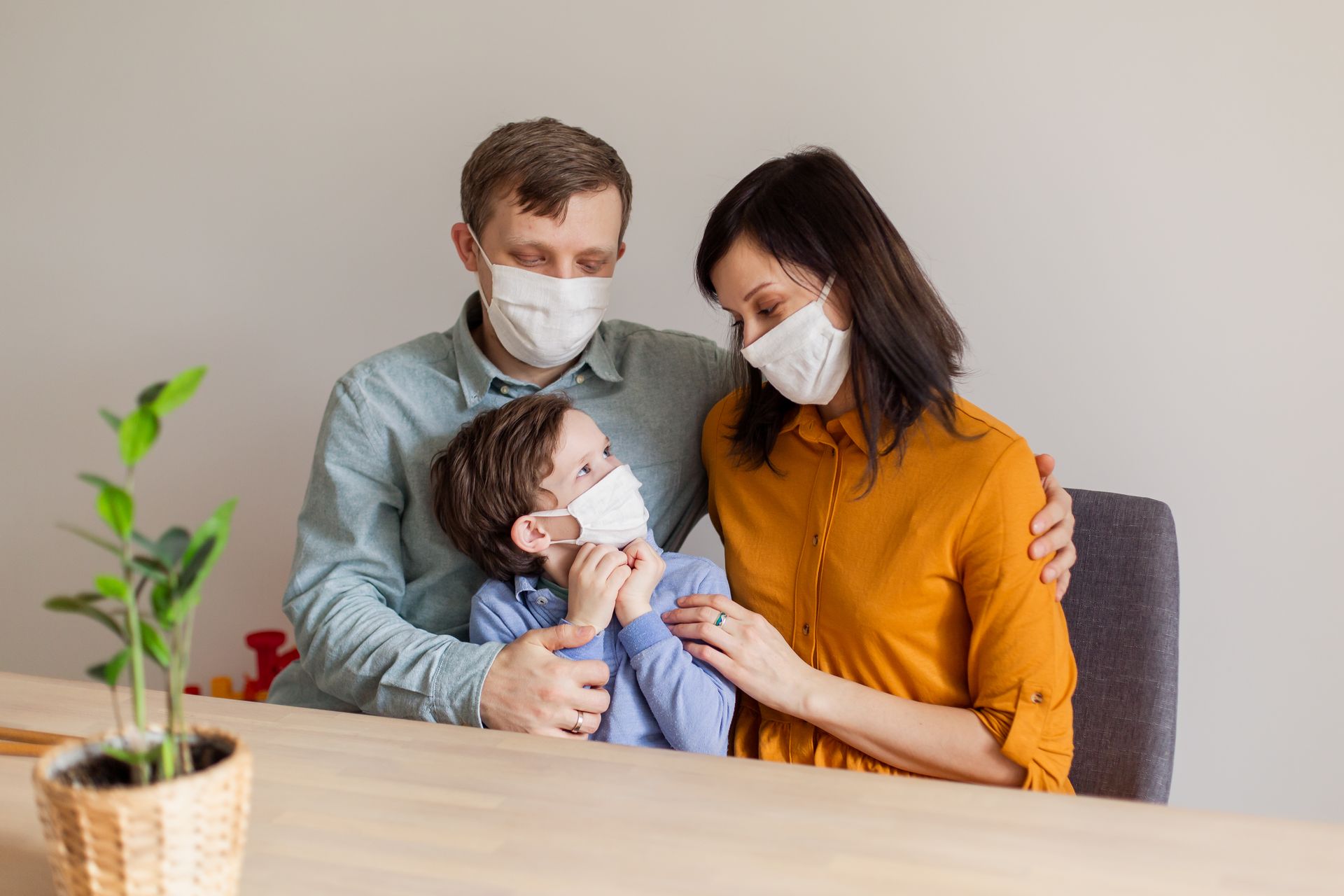
Should someone in your household develop symptoms of RSV, they need to wear a mask to reduce airborne transmission. Additionally:
- Create a designated recovery space, such as a separate bedroom, where the sick individual can rest without close contact with others.
- Do not share personal belongings like cups, towels, or bedding with someone who is sick.
- Keep your home well-ventilated by using air purifiers or opening windows to reduce airborne particles.
Keep Vulnerable Individuals Safe
Protecting high-risk individuals in your household, such as infants, older adults, or those with weakened immune systems, should be a top priority. To keep them safe:
- Limit their exposure to anyone feeling unwell or showing the first signs of RSV.
- Ensure they avoid close contact with the person who is sick.
- Keep up with vaccinations, like the flu shot and COVID-19 boosters, to lower the risk of co-infections.
- Monitor their health closely for any signs of RSV symptoms, such as difficulty breathing, and seek medical care if needed.
When to Visit Houston Family Practice
While many cases of RSV can be managed at home, it’s important to know when professional medical care is needed. You should contact Houston Family Practice if you or a loved one experiences:
- Difficulty breathing: Rapid, shallow, or labored breathing is a serious sign.
- Persistent high fever: Especially if it doesn’t respond to over-the-counter medication.
- Signs of dehydration: Fewer wet diapers in babies or symptoms like dry mouth and dizziness in adults could be a sign of dehydration.
- Blue skin or lips: This indicates low oxygen levels and requires immediate medical attention.
At
Houston Family Practice, we offer same-day appointments for RSV-related concerns so you can get the care you need without delay. For added convenience, we also provide telehealth options for those unable to visit the office, allowing us to assess symptoms and provide treatment recommendations from the comfort of your home.
If you're unsure about your symptoms, it's a good idea to get tested for RSV to confirm your diagnosis and ensure you receive the proper care.
RSV vaccines are also available for high-risk groups, providing extra protection against severe illness.
Keep Your Family Safe from RSV with Expert Care at Houston Family Practice
RSV exposure can be worrying, but with the right knowledge and precautions, you can protect yourself and your family while minimizing the risk of complications. The key is to stay informed, take proactive steps, and seek expert guidance when needed. At Houston Family Practice, we are here to guide you every step of the way.
If you or a loved one has been exposed to RSV or is experiencing symptoms, don’t delay. Call us at
(713) 520-6016 for expert advice and personalized care for your family’s needs.
Book your RSV consultation today and take the first step toward peace of mind!
Keep Your Family’s Health a Top Priority
Send US A MESSAGE
Drop us a line!
We will get back to you as soon as possible.
Please try again later.
Our goal is to make you feel better as quickly as possible. We are proud to provide a high quality level of customer service, medical experience, and commitment to health and wellness to all our patients.
Quick links
Contact us
Our experienced medical professionals put your healing needs first. We are proud to provide a high quality level of customer service, medical experience, and commitment to health and wellness to all our patients. Our goal is to make you feel better as quickly as possible.
Quick links
Contact us
HOUSTON FAMILY PRACTICE | All Rights Reserved.


